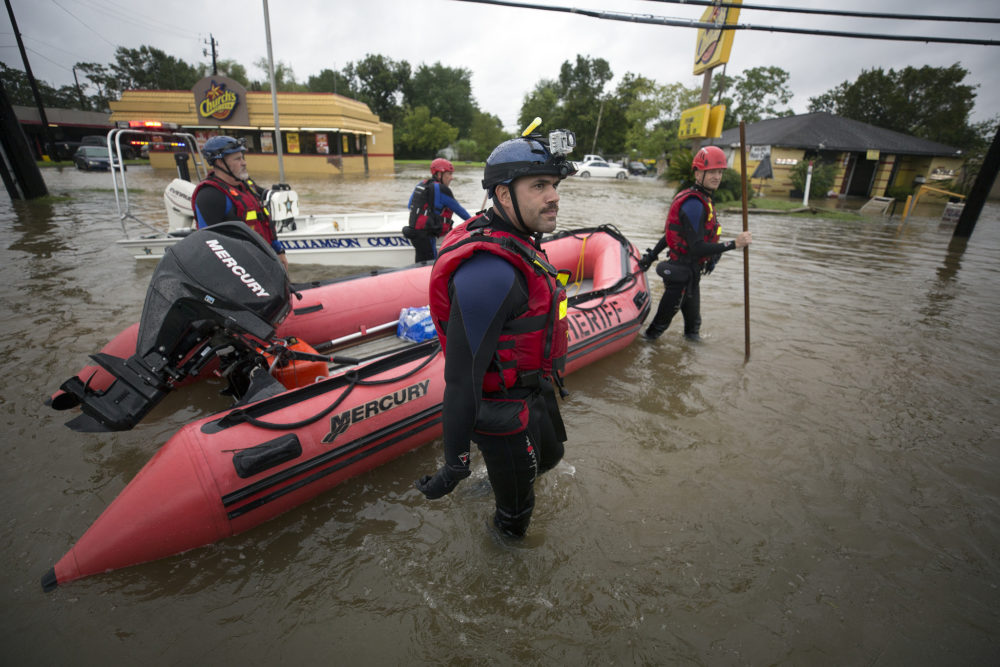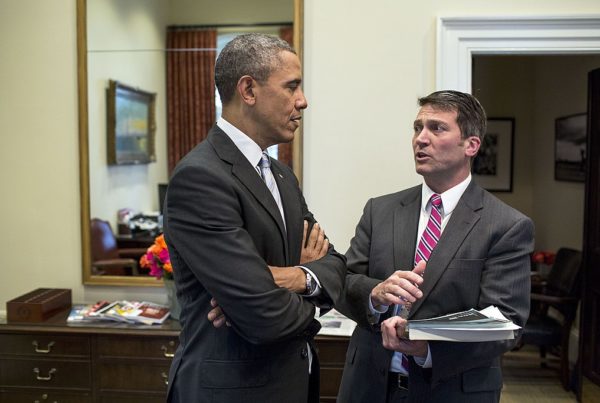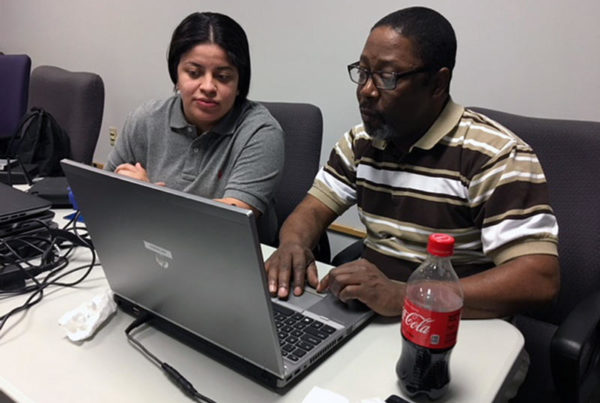Mayors and city councils along the Gulf Coast didn’t have a lot of time to make decisions during Hurricane Harvey. The situation on the ground changed almost constantly as wave after wave of rain doused their cities. But some of those local officials say their response was impaired by a law meant to keep their communities better-informed: the Texas Open Meetings Act. It requires a certain amount of advance public notice before a meeting – something officials say slowed their decision-making during the storm. This week they brought those claims to the Texas Legislature.
Under the Texas Open Meetings Act, a governmental body like a city council or a commissioner’s court has to give the public at least 72 hours’ notice before its members meet. In an emergency, though, that notice time can be cut down to two hours. But for Andy Meyers, even that felt like too much time to wait during Harvey.
“I can tell you things happen a lot quicker than two hours in an emergency like this. There’s a lot going on,” said Meyers, the precinct 3 commissioner for Fort Bend County, southeast of Houston.
He told the Texas House Government Transparency and Operation Committee this week that the open meetings act delayed decisions on dispatching volunteers, setting up shelters, and giving evacuation notices.
“I need the ability to communicate with my county judge in real time, and frankly with my other commissioners,” he said. “I need to know what’s happening in their area also so we can coordinate activities with regard to rescue and things of this nature.”
Meyers said he and his fellow commissioners had to avoid coordinating with each other outside of an official meeting, to steer clear of something called a “walking quorum.”
Whenever most members of a governmental body are together, that’s called a quorum. They can vote and make decisions, and they have to give advance notice before that happens. But a walking quorum gets around that rule. Members discuss a matter individually with each other outside an official meeting. That doesn’t mean that a commissioner can never speak with another commissioner one-on-one.
Jennie Hoelscher of the Texas Attorney General’s Office says some local officials avoid conversations outside of meetings due to an abundance of caution.
“I think the reason that there’s concern, and that a number of county attorneys and city attorneys advise their governmental bodies not to speak to other members at all is that there’s a provision in the act and it creates a criminal penalty for having meetings in numbers less than a quorum to circumvent the act,” Hoelscher says.
Because there’s a penalty not just for the county, but for the individual commissioner, elected officials are particularly sensitive about the walking quorum rule. And that’s what happened here. The Fort Bend County attorney told the commissioners that coordinating disaster relief outside of an official meeting could constitute a walking quorum. So they didn’t. Even if that meant delaying aid for the community.
Zack Wavrusa is an assistant district attorney in Rusk County and trains other lawyers on the open meetings act. He thinks the Texas legislature could approve some change to the open meetings act for emergencies.
“I think it’s worth having a discussion about lessening or potentially removing these requirements that it gives governments a little more latitude to discuss emergency operations,” Wavrusa says.
Meyers suggests waiving certain provisions of the act during an emergency, as long as communication between officials is recorded and posted as soon as possible. Freedom of information advocates told lawmakers they were open to some modification or clarification of the law to make sure information flows freely during an emergency.















